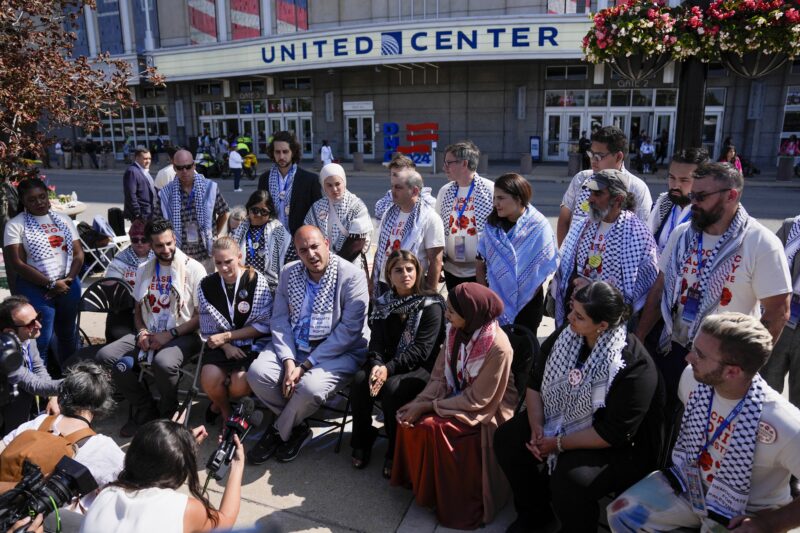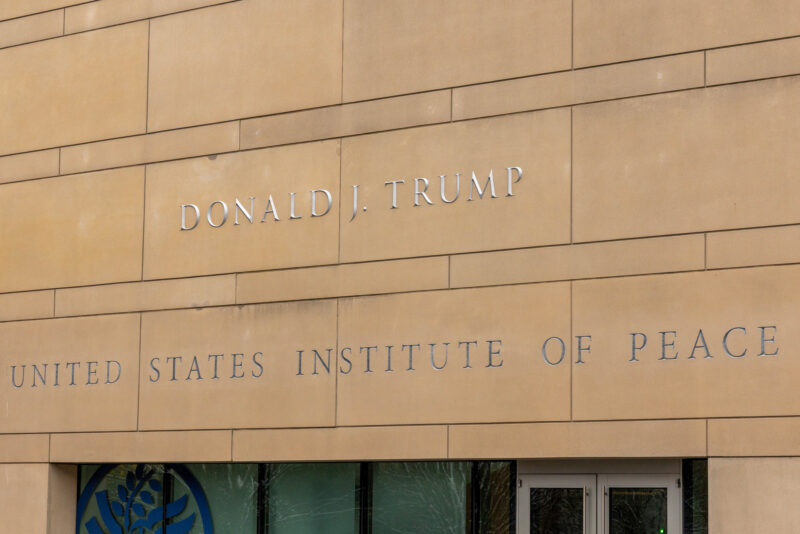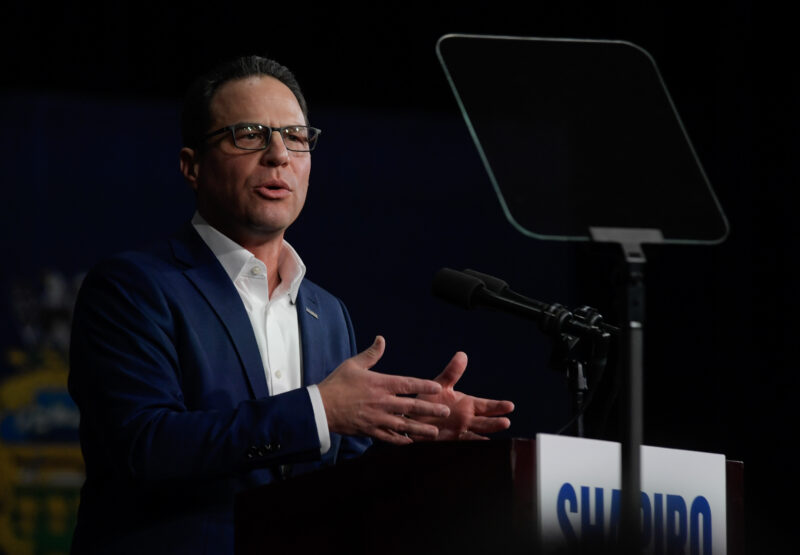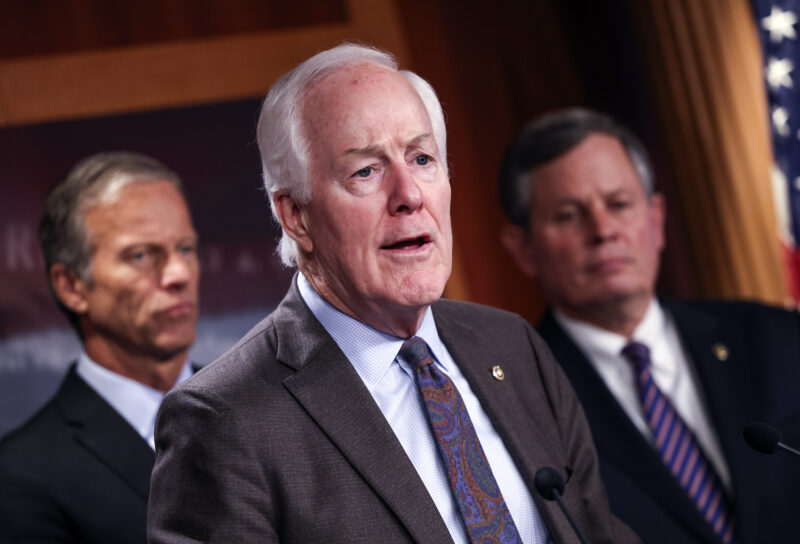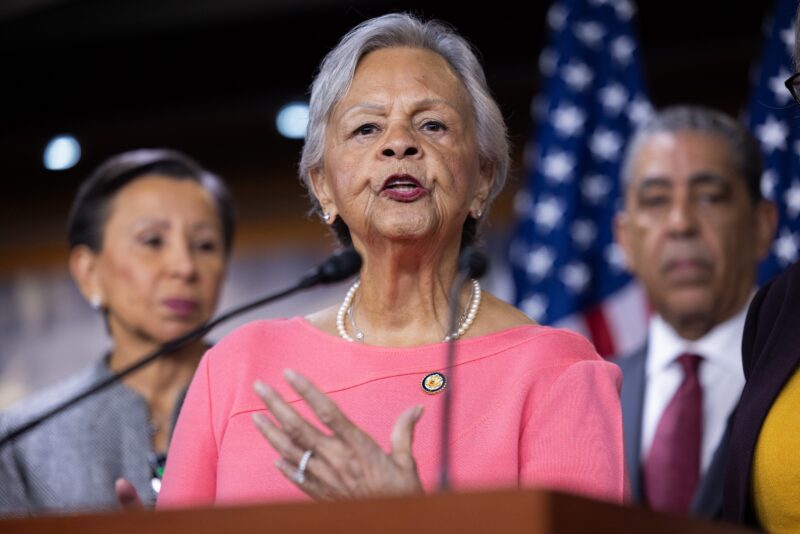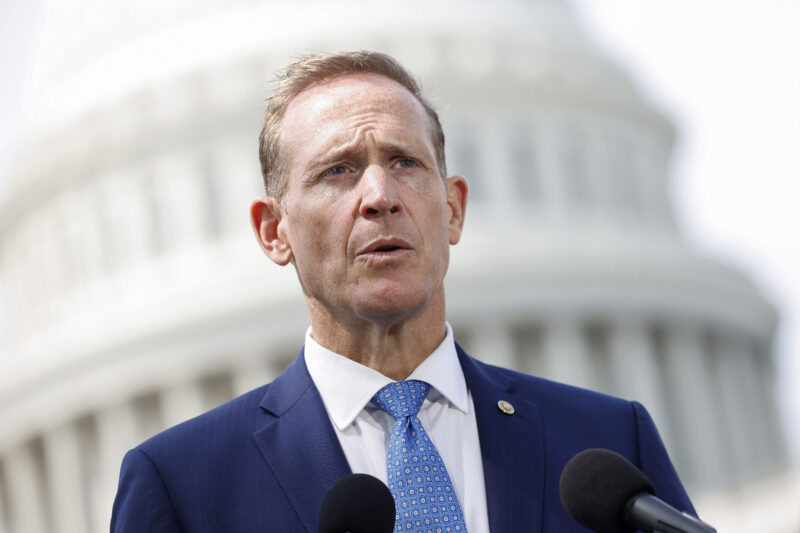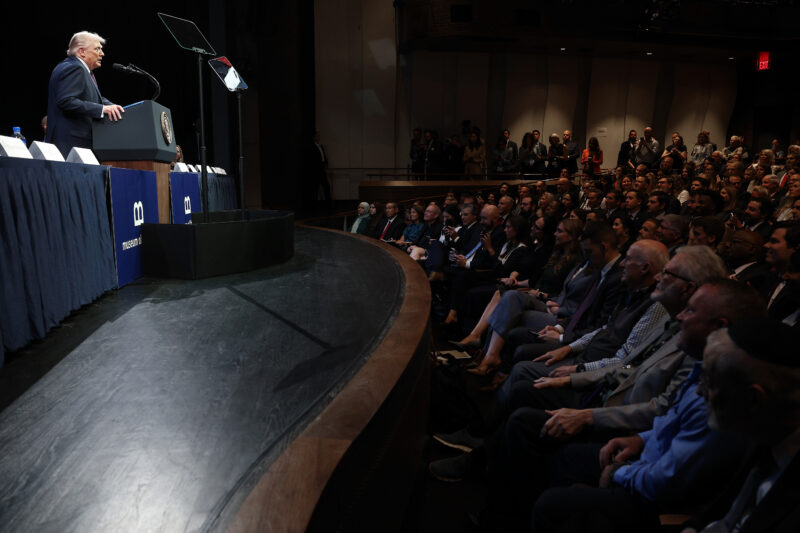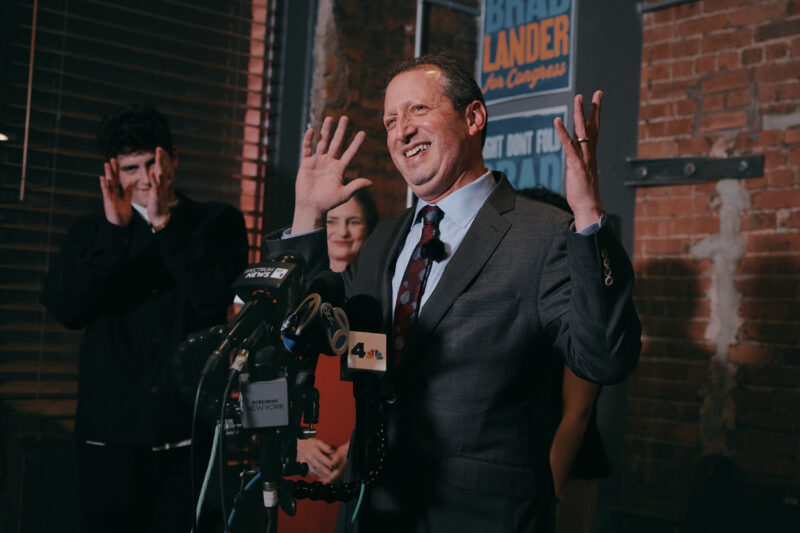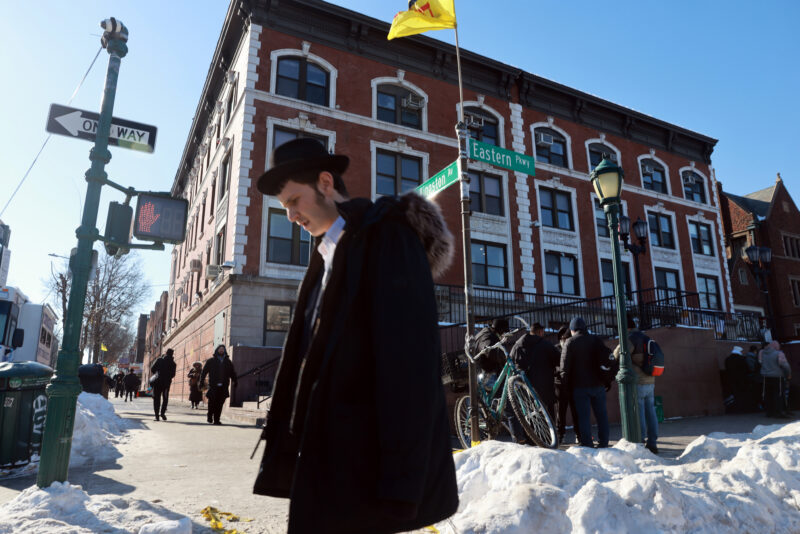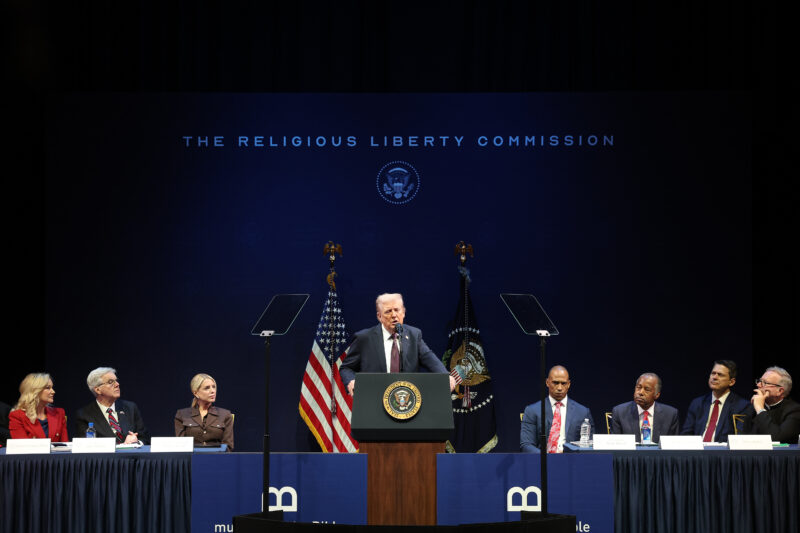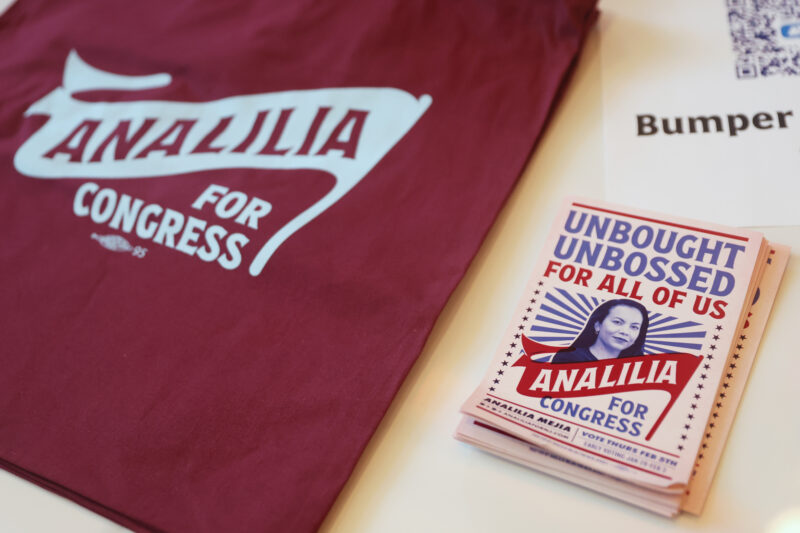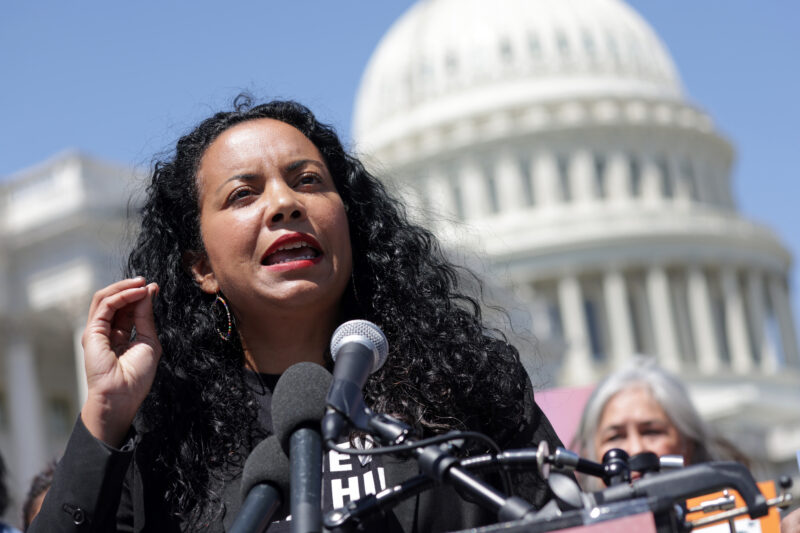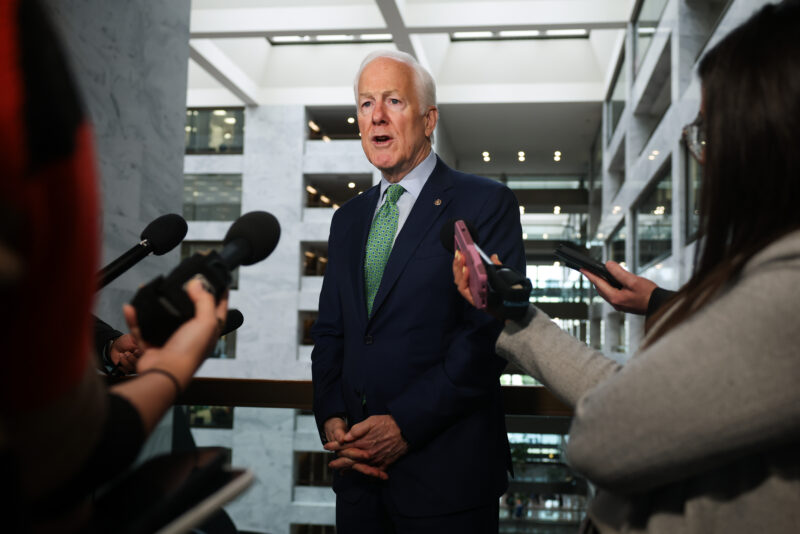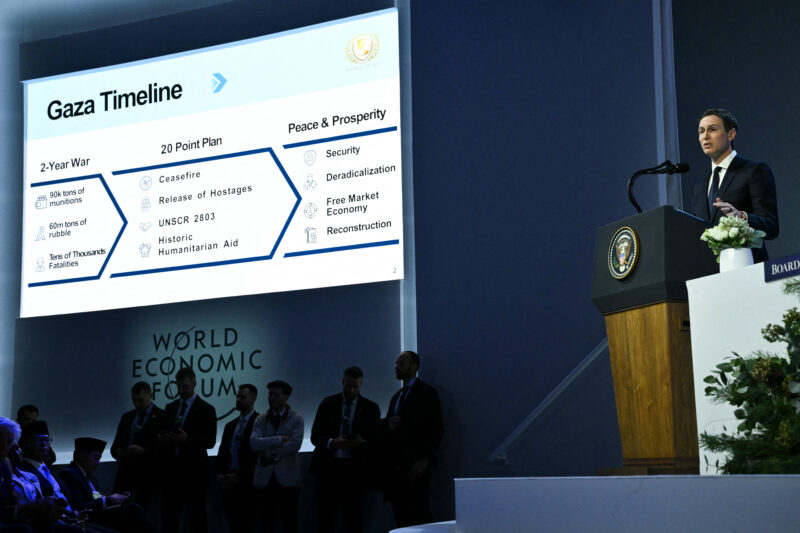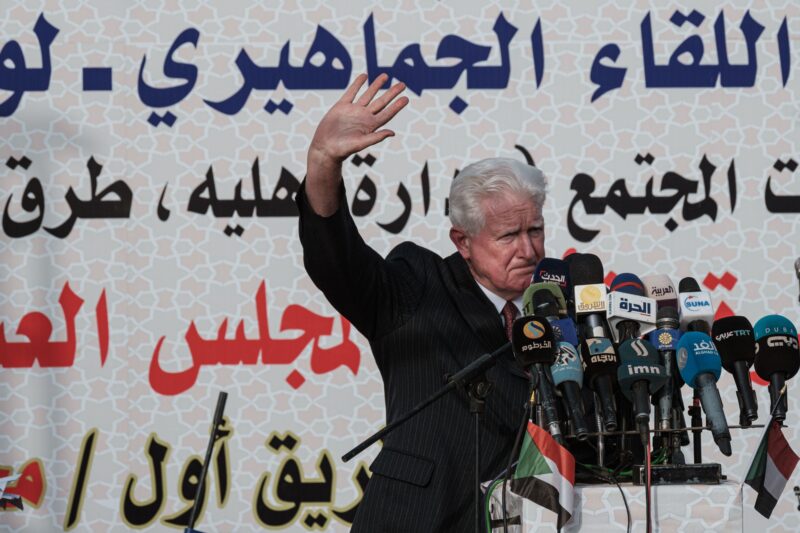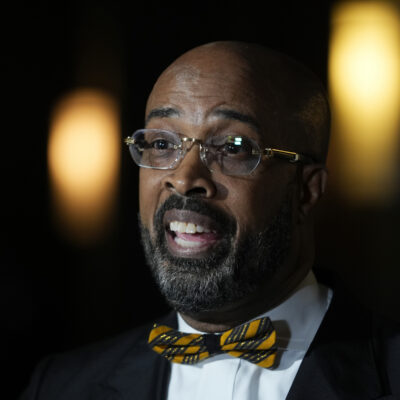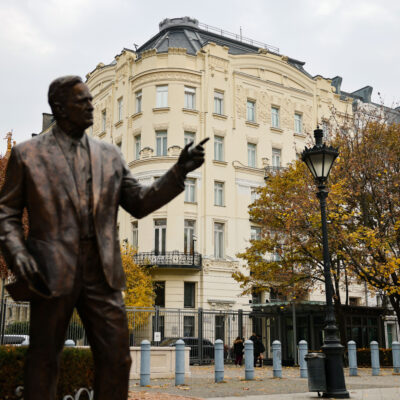In WZC elections, Orthodox parties make gains while progressive parties fall short of expectations
This year’s vote saw double the turnout of the last election, held in 2015

American Zionist Movement
World Zionist Congress
Progressive groups fell short of expectations in this year’s World Zionist Congress elections in a race that saw over double the turnout of the last election in 2015. More than 120,000 ballots were cast for the 15 slates running for 152 U.S.-held seats in the Congress during the seven weeks of online voting, the results of which were announced Monday.
Tally: According to the preliminary results, Vote Reform/ARZA, representing the Reform and Reconstructionist Judaism movements, came in first place with 31,500 votes (25%). The Orthodox Israel Coalition, a coalition of the major Religious Zionist and Modern Orthodox organizations, was in second place with 21,698 votes (17.5%), and Eretz Hakodesh’s religious and ultra-Orthodox slate came in a close third with 20,023 votes (16%).
Falling short: Mercaz USA, the Conservative movement’s party, received 14,666 votes (12%). The Zionist Organization of America’s slate, which was endorsed by Israeli Prime Minister Benjamin Netanyahu, finished in fifth place with 10,313 votes (8%). The left-wing Hatikva–Progressive Israel slate, which included candidates like J Street president Jeremy Ben-Ami, journalist Peter Beinart, American Federation of Teachers President Randi Weingarten and Rabbi Jill Jacobs, came in 7th place with 7,932 votes (6%).
Weighing in: “This election garnered more than twice as many votes as the election in 2015 and the highest since the election opened up to the entire American Jewish community 30 years ago,” Herbert Block, executive director of the American Zionist Movement told, JI. “We are thrilled that so many people participated and look forward to seeing those voices represented at the 38th World Zionist Congress.”
What’s next: As of now, the 38th World Zionist Congress is scheduled to be held in Jerusalem from October 20-22, 2020. Once the results are certified, the number of delegates for each slate will be apportioned.
Compare and contrast: In the 2015 election, the Reform movement received 38% of the vote, the Conservative movement and the religious Zionist group got 17% each, Hatikvah received 5.5% and the ZOA slate won 5% of the vote.
Please log in if you already have a subscription, or subscribe to access the latest updates.






